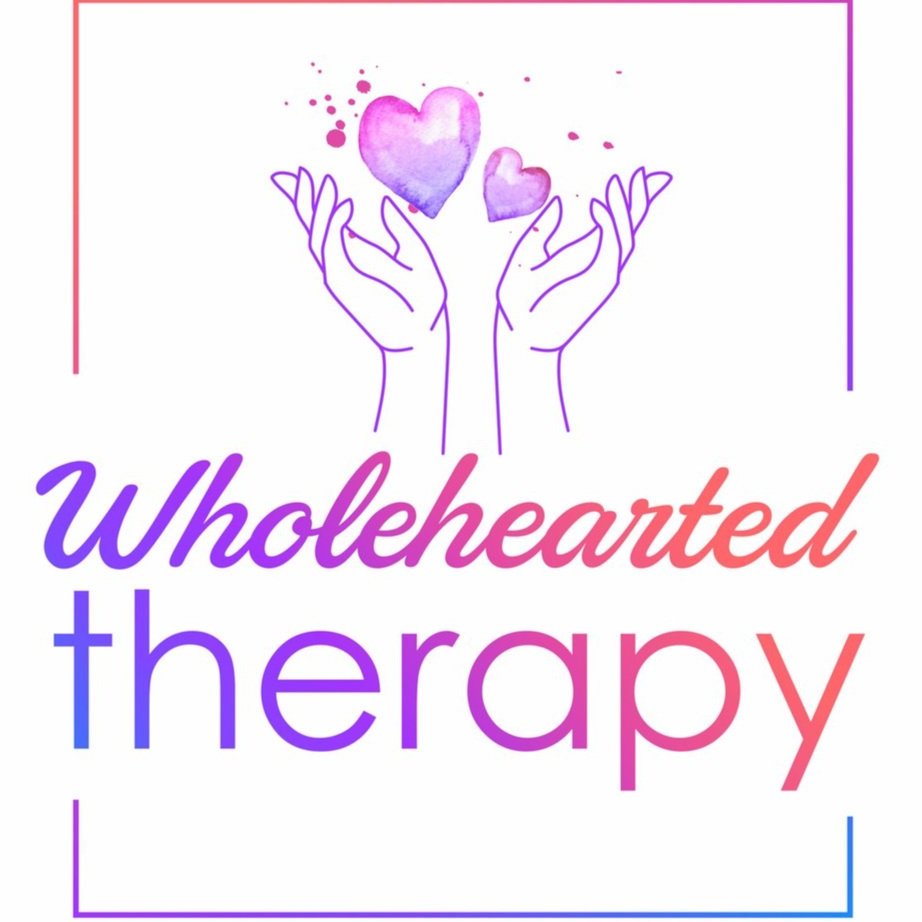Therapy Intensives vs. Weekly Therapy:Which is Right For You?
You know you need therapy. You’re tired of the anxious loops, the self-doubt, the people-pleasing that leaves you drained. You’re ready to do the work—but how? Do you go the traditional weekly route? Or do you dive deep with a therapy intensive?
Choosing the right format can feel overwhelming, especially when you’re already carrying so much. Let’s break it down.
What’s the Difference Between Therapy Intensives and Weekly Therapy?
Weekly Therapy: Slow and Steady Progress
Weekly therapy is the standard format—50-minute sessions, once a week. It’s a steady, structured approach to healing, giving you time to process insights, integrate changes, and build coping skills gradually.
Benefits of Weekly Therapy:
Consistency & Long-Term Growth – Regular sessions create a rhythm, allowing for gradual self-awareness and transformation.
Ongoing Support – Your therapist walks alongside you, providing guidance and accountability over time.
Financially Manageable – Since payments are spread out over months, it can be easier to budget.
Weekly therapy works best for people who are looking for a steady, long-term approach to mental health challenges or those who may feel more comfortable with consistent, smaller doses of therapeutic support.”
Potential Limitations:
Slower Progress – If you're dealing with deep trauma, weekly therapy might feel like putting out fires instead of fully addressing the root.
Interruptions & Scheduling Conflicts – Life happens. Cancellations, holidays, or a particularly rough week can disrupt momentum.
Therapy Intensives: Deep Dive, Fast-Track Healing
Therapy intensives are extended, concentrated sessions—often spanning several hours or even a full day—designed to accelerate the healing process. Instead of working in small increments, you immerse yourself in deep, focused work.
Benefits of Therapy Intensives:
Faster Results – You can accomplish in a few days what might take months in weekly therapy.
Deeper Processing – Extended time allows you to fully explore emotions, patterns, and trauma without feeling rushed.
Ideal for Busy Schedules – If weekly therapy feels impossible due to work or family commitments, an intensive can offer flexibility.
Therapy intensives are ideal for those who want to make fast, meaningful progress, especially when it comes to unpacking deeply rooted relational patterns and wounds that began in childhood. They can also help high achievers cut through the noise, tackling anxiety and past trauma head-on for real, lasting change.
Potential Limitations:
Emotionally Exhausting – The deep work can be intense, and you may need time to decompress afterward.
Financial Investment – While intensives can be cost-effective in the long run, the upfront cost is higher than a single weekly session.
Less Ongoing Support – Without regular check-ins, it’s important to have a support plan post-intensive.
Which One Is Right for You?
Ask yourself:
Do I need consistent, long-term support or a quick, deep reset?
Am I in a season of life where I can commit to weekly therapy, or do I need the flexibility of an intensive?
Do I feel ready to dive deep into my healing in a short time, or do I need smaller, digestible steps?
Are you looking for quick, intensive work to overcome a specific issue? A therapy intensive might be the best choice. Do you prefer a slower, more gradual approach to healing? Weekly sessions might be more appropriate.
You can even combine both—some people opt for intensives to break through a tough spot, then continue with weekly sessions to maintain momentum.
If you’re still unsure, let’s talk about it. I offer free consultations to help you explore which therapy format best fits your needs. Your healing is personal, and finding the right path is essential.
Reach out today to explore which option is the best fit. Schedule a free consultation today, and let’s talk about the best approach to your healing journey.



